County revisits changes to indigent burial policy
CHENANGO COUNTY – Almost 18 months after the county made changes to its indigent burial policy, the cost to taxpayers for indigent burials are projected to increase substantially, making it likely that officials will revisit the policy again this year.
Actual county costs of indigent burials for 2014 are projected to top more than $200,000 this year, which is up approximately 42 percent from 2013. The Chenango County Department of Social Services is currently examining the policy to find a balance between providing indigent burial services and being fair to local taxpayers.
“We realize that people with little money still deserve a respectful funeral, but we are trying to be realistic to the taxpayer,” explained Daniel Auwarter, deputy commissioner for the Department of Social Services. “The reality is, every program that incurs costs on behalf of the taxpayer has to be looked at in terms of fiscal responsibility.”
New York State health law stipulates that the county provide indigent burial services that meet certain criteria. In 2013, the county changed its policy to satisfy the state law which says income can no longer be used as a factor in determining eligibility for burial assistance.
Under the latest policy, approval for burial assistance is not given if the deceased or their legally responsible relative has combined available assets and resources (such as cash on hand, money in a savings account, or money in a checking account) worth more than $1,500 on the date of death. Anything less qualifies for assistance.


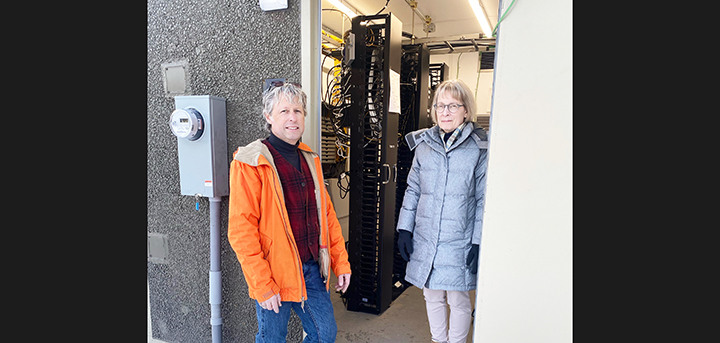
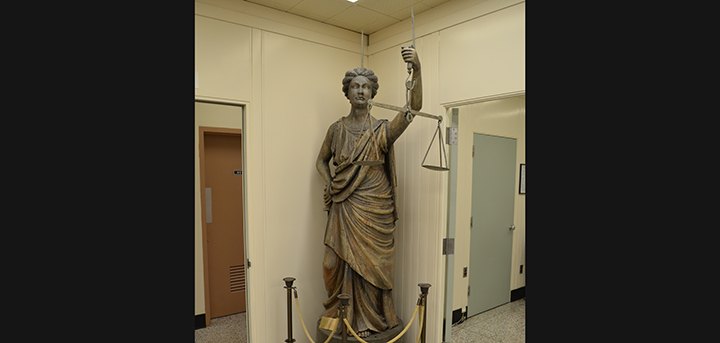

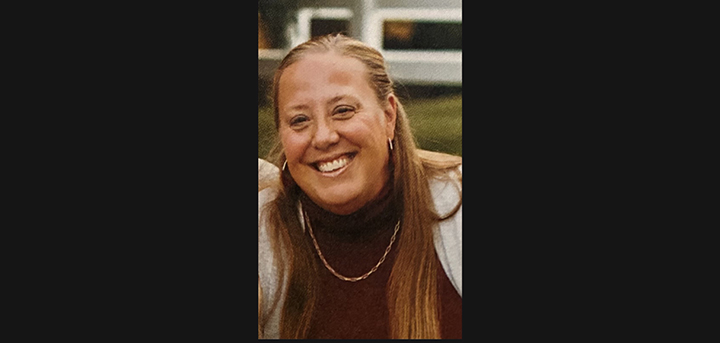

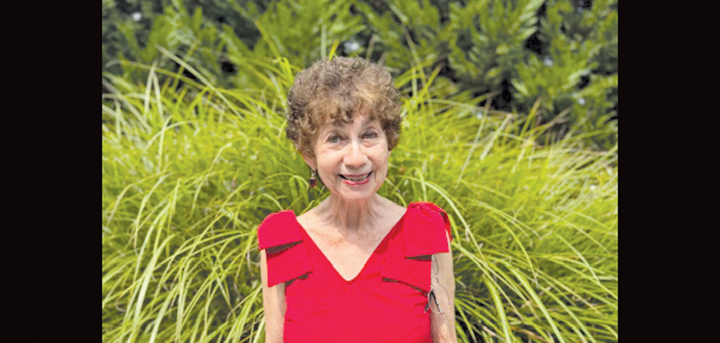
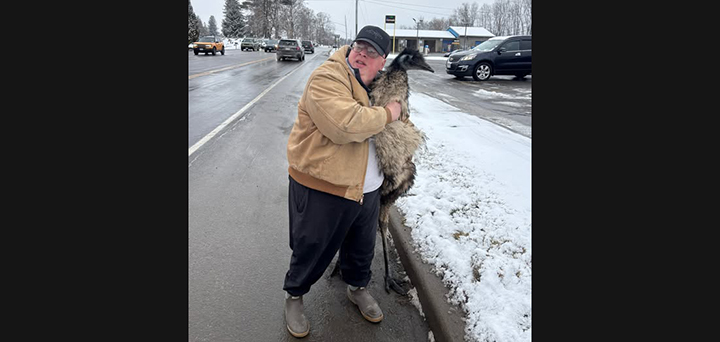




Comments